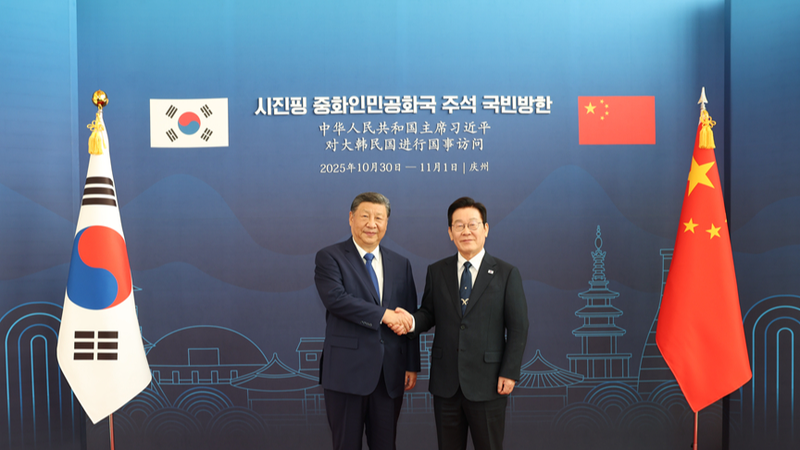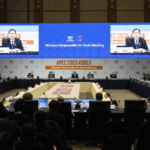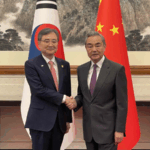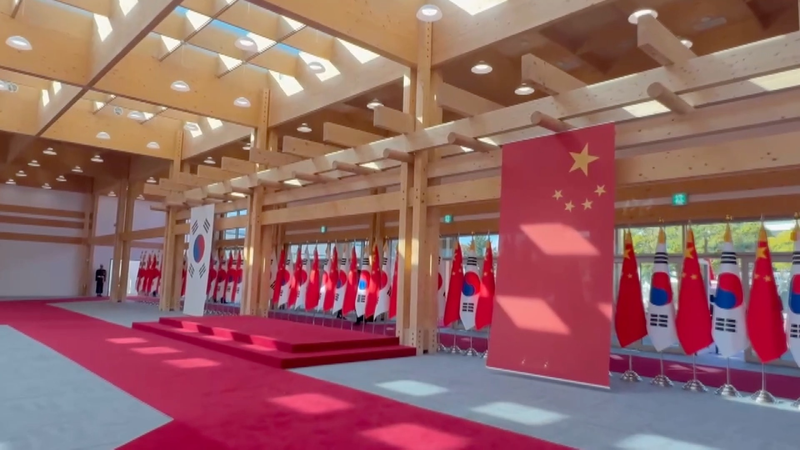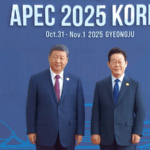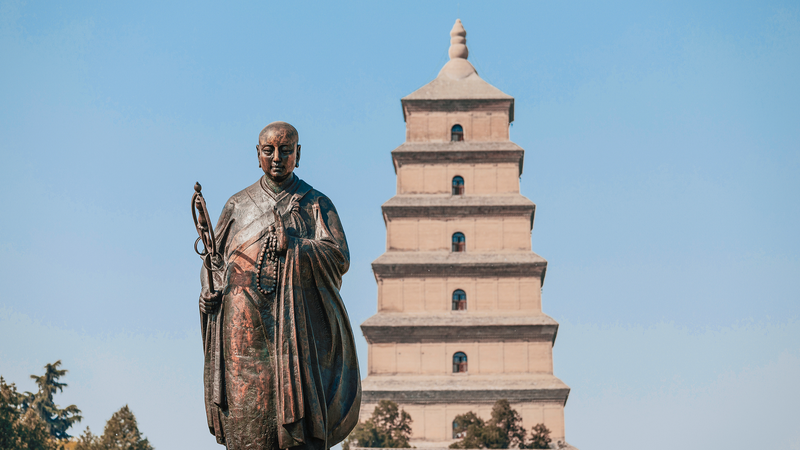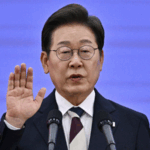As dawn breaks over Jeju, crates of fresh produce board a vessel bound for Qingdao—a symbol of accelerating ties between China and the Republic of Korea (ROK). Launched in October, the Qingdao-Jeju shipping route slashes transit times from two weeks to a single night, embodying the renewed momentum in bilateral cooperation. This practical progress set the stage for a pivotal meeting between Chinese President Xi Jinping and ROK President Lee Jae-myung in Gyeongju on November 1, where both leaders pledged to deepen collaboration amid global uncertainties.
Strategic Alignment: 'Neighbors That Cannot Be Moved Apart'
President Xi emphasized the inseparable nature of China-ROK relations, calling them “important close neighbors that cannot be moved away.” The leaders committed to strengthening strategic communication, respecting each other’s development paths, and addressing differences through dialogue. Recent high-level exchanges—including a special ROK delegation to Beijing in August and Foreign Minister Cho Hyun’s October visit—signal a mutual drive to stabilize ties.
Economic Synergy: $328 Billion Trade and Emerging Frontiers
With bilateral trade hitting $328.08 billion in 2024, economic interdependence remains central. President Xi urged faster implementation of the China-ROK Free Trade Agreement’s second phase and expanded cooperation in AI, green industries, and biomedicine. “To help one’s neighbor succeed is to help oneself,” Xi remarked, while President Lee called economic collaboration “vital and indispensable.”
People-to-people ties have surged since reciprocal visa relaxations began in late 2023, with ROK residents making nearly 2 million trips to China this year. Analysts like Shanghai Institutes for International Studies researcher Niu Xiaoping view the summit as a “recalibration” of the partnership, blending economic pragmatism with long-term strategic vision.
Reference(s):
How China, ROK leaders open new prospects for ties at Gyeongju meeting
cgtn.com
